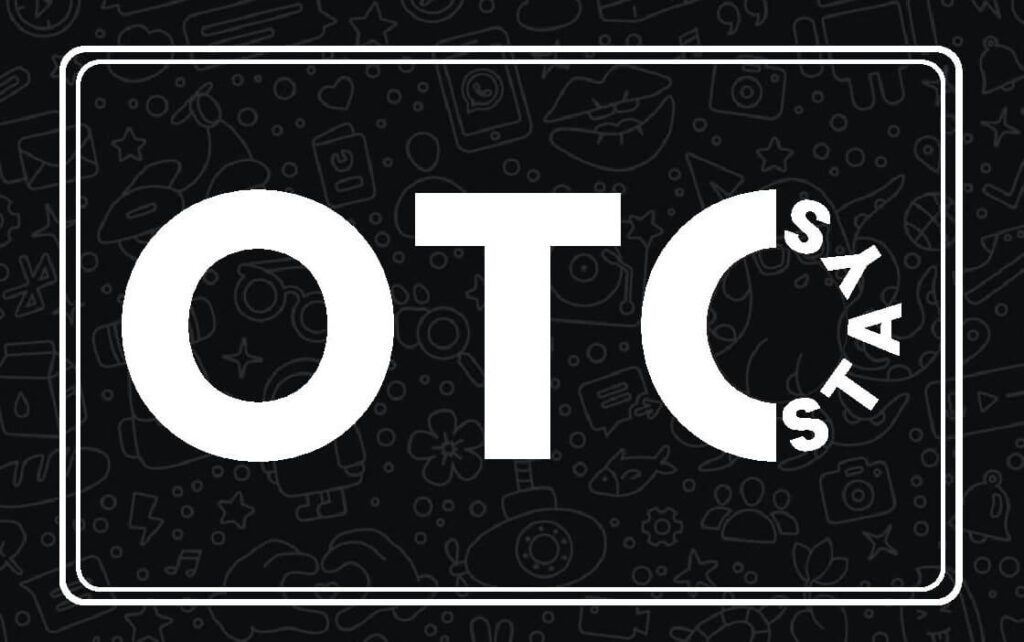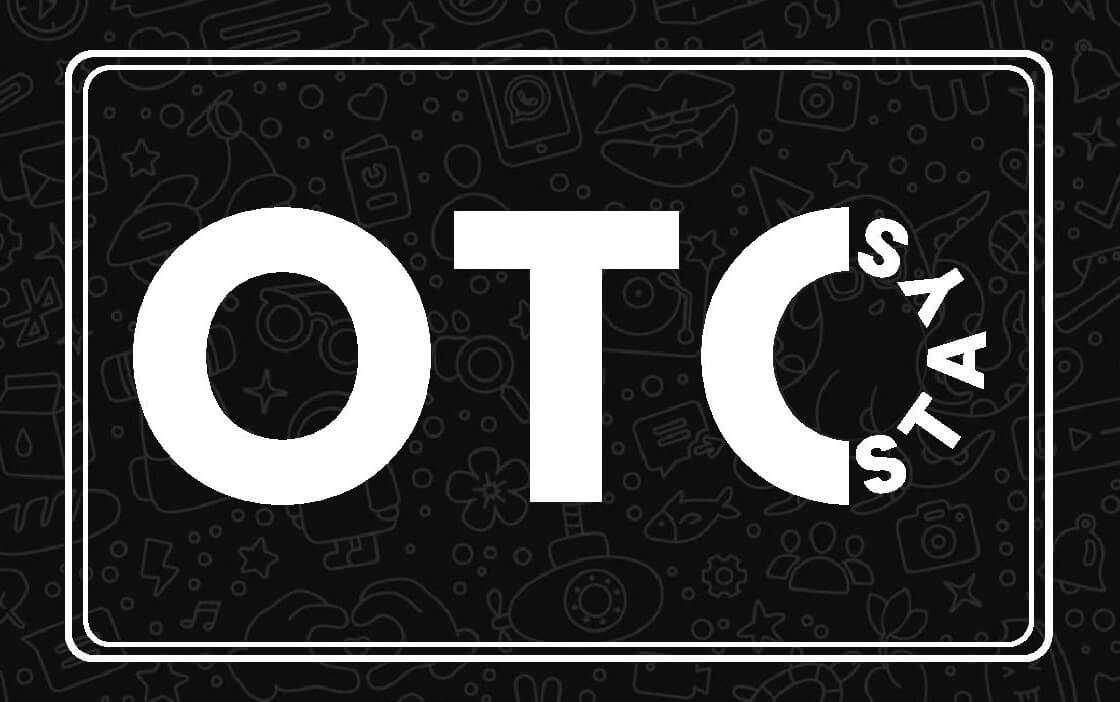
10 Tell-Tale Signals You Should Know To Get A New How To Get Diagnosed With ADHD
Getting Diagnosed With ADHD As an Adult
Adults who have difficulty in their professional or personal lives may benefit from a diagnosis of ADHD. A diagnosis is based on a thorough examination that may include reviews of school records and questionnaires filled out by caregivers and teachers.
It is not unusual for adults to be diagnosed with ADHD. See NIMH for suggestions on talking with your health professional about the disorder.
Diagnosis
It is crucial to be diagnosed with ADHD at an early age. This will help you get control of the symptoms that can cause havoc in your personal and professional life. The first step is to talk with your GP or find an expert in mental health who has expertise in treating adults suffering from ADHD. If your GP isn’t familiar with ADHD, he or she might refer you to a psychologist or psychiatrist to conduct an assessment.
Typically, a mental health professional will use a six-question ADHD screener to determine if you are susceptible to the disorder, says Adler. He or she will then interview you about the symptoms of ADHD and look over your medical history and family history to confirm that other conditions aren’t contributing to them.
Because people with ADHD have a tendency to be unable to pay attention and are easily distracted, they frequently have trouble following instructions or listening in class or on the job. They frequently lose essential items required for tasks or activities like keys, wallets and other tools. They may also have trouble staying focused when they are reading long speeches or assignments. Fidgeting, excessive talking or texting or squirming are other symptoms of adult ADHD.
It is important to rule out other medical conditions when determining whether someone suffers from adult ADHD. These include anxiety, depression and bipolar disorder. Stress and physical conditions like thyroid problems can also mimic ADHD symptoms. The DSM-5 now requires professionals to determine the severity of a person’s symptoms are when determining if they have diagnosed the condition. Mild moderate, severe and mild are the three categories for adults with ADHD.
Many people with adhd adult diagnosis never receive a diagnosis in their childhood because it’s not evident. A diagnosis can alter the course of an adult’s life, as they can now see why they struggled at school and never reached their maximum potential at work or home. They may feel guilt-ridden for blaming their troubles on themselves or others, and they can experience sadness over the missed opportunities that could have been had when they were properly treated.
Treatment
The first step in obtaining treatment for ADHD as an adult is to consult a medical professional to have an assessment. This can be done in person or via video calls. In the UK, only psychiatrists, psychologists, and specialist nurses have the qualifications to diagnose ADHD. The doctor will inquire about your medical history, including mental health issues within the family. This is because there are many physical and mental conditions which can trigger symptoms that are similar to ADHD. These conditions need to be ruled out to determine if you have ADHD.
The doctor will also inquire about your work and lifestyle, and how your symptoms affect your life. They will be particularly interested in whether you had signs of ADHD before age 12. They may also wish to interview people who were close to you as a child and ask about their memories.
A thorough medical history will help the doctor decide whether you need medications or other treatments. Certain medical conditions, like sleep apnea, thyroid disorders and lead poisoning can cause ADHD symptoms. Adults with a history depression or anxiety will need to be assessed and treated with more care since these conditions can are in synergy.
If a doctor believes that you need medication they will prescribe a suitable medication. The kind of medication you need depends on your symptoms and the way they affect your life. Stimulants, which are the most popular medication prescribed for ADHD, are stimulants. However, they’re not for everyone and the first stimulant you try might not be effective or cause uncomfortable adverse effects. Your healthcare provider might ask if you are taking any other medications. This includes over-the-counter drugs, supplements, and prescription drugs. Certain kinds of medications can interfere with ADHD stimulants.
Counseling is an important part of treatment for adults suffering from ADHD. Individual therapy can help you deal with the feelings of disappointment frustration, underachievement, and anger that are often associated with untreated ADHD. It can also help you how to manage your anger and improve your organization and time management skills.
It’s important to seek out a healthcare professional that specializes in mental disorders. A psychiatrist or neurologist is able to diagnose and treat ADHD. However, you may prefer to seek out a specialist therapist. These professionals are likely to be more familiar with the challenges of treating adults with ADHD and have worked with others who have similar issues. You can search ADDitude or your local mental health clinic to find a professional that is working with adults who suffer from ADHD.
Medication
A diagnosis of attention deficit hyperactivity disorder is the first step to managing your symptoms and enhancing your life. If you’ve been unable to achieve your maximum potential at work, are finding it difficult to maintain relationships or struggle to finish tasks at home A diagnosis of ADHD could be the answer you have been seeking.
ADHD treatment for adults starts with a thorough interview and review of your medical history, including the symptoms you’ve experienced. The psychologist or psychiatrist determines if you satisfy the requirements for ADHD in the Diagnostic and Statistical Manual of Mental Disorders Fifth Edition (DSM-5) which is published by the American Psychiatric Association. To be diagnosed with ADHD, you must have at least five symptoms of inattention or hyperactivity-impulsivity that persist throughout most of your day and interfere with social, academic or professional functioning.
Adults who suffer from untreated ADHD are often co-morbid with disorders such as anxiety and depression. These conditions can cause or worsen the symptoms of ADHD, Jaksa says. He adds that chronic stress and anger due to poor performance can lead to feelings of low self-esteem. “Getting a diagnose will help them gain a perspective on the reasons behind their struggles. This may reduce or eliminate their anxieties and help them focus more effectively on areas in which they excel,” Jaksa states.
Adults suffering from ADHD are usually treated with a combination of medications and behavior therapy. Stimulants can boost concentration, decrease impulsive behavior and aid in achieving organization. In many cases, these medications can also boost motivation and improve mood. People who take stimulants should be aware of possible adverse effects, such as problems with sleeping and eating or drinking enough. The mood swings can also happen in people who are taking stimulants to treat ADHD and they can be difficult to manage.
Discuss with your doctor about whether you would be suitable for clinical trials of new treatments or drugs. These studies assist researchers in finding better ways to diagnose and treat or prevent diseases.
Counseling
Untreated ADHD can cause issues in all areas of your life. Procrastination and other symptoms can have a negative impact on your relationships as well as your career and financial health. The first step to reduce the negative effects and getting control back is to obtain a diagnosis and seek treatment.
Many adults who are diagnosed with ADHD did not receive a diagnosis as children, because their family and teachers were unaware of the disorder or they had mild symptoms that weren’t recognized. Certain adults may be able to manage their symptoms as children, but had difficulty with these issues in adulthood due increasing family and work obligations.
In order to be diagnosed as having ADHD mental health professionals must discover that your symptoms are causing severe impairment in at least two aspects of your life. In the event of an impairment, you could lose your job due to a deficit in focus and organization skills, or being placed on academic probation at college due to your inability to study for tests.
Women are better at hiding symptoms than men. This can make it harder for women to be diagnosed. If you’re struggling with ADHD symptoms that are affecting your home and work life speaking up with your doctor will help speed up the process and enable you to benefit from reasonable accommodations under the ADA and other workplace laws.
Regardless of the type of ADHD you suffer from, your mental health professional will want to determine if your symptoms began before age 12. They might ask you to speak to people who were close to you at this time, and they may also conduct a series of tests to measure your memory and attention.
When you receive the diagnosis, your therapist will recommend a combination of medication and non-medication treatments to manage your symptoms. A majority of patients will try a variety of different methods before they discover the one that works for them. It is recommended to keep track of your progress and speak with your doctor on a regular basis so they can help adjust your treatment program when needed.
